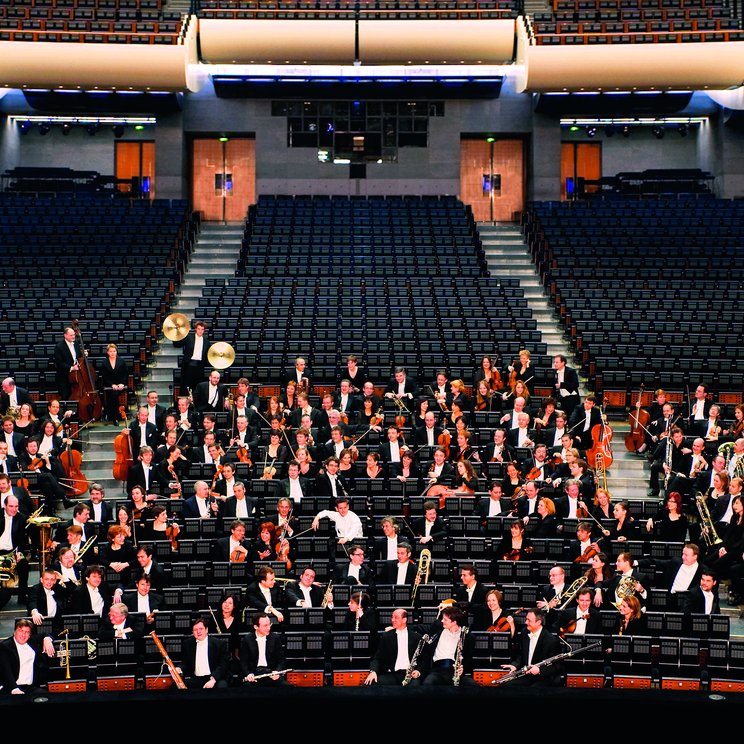
Orchestre de l'Opéra national de Paris
Vita
The origins of the Orchestre de l’Opéra de Paris go back to the era of the Sun King, Louis XIV, who founded the Académie Royale de Musique in 1699 and entrusted it with opera performances at his court. In the 18th century, the ensemble developed into an orchestra of symphonic dimensions and was responsible for such events as the first performance of Gluck’s Orphée et Eurydice. Other significant world premieres were of Donizetti’s La Favorite (1840), Verdi’s Les Vêpres siciliennes (1855), and the French version of his Don Carlos (1867). In the 19th century, the permanent group split into two different opera orchestra that were housed at the Opéra Comique and the Opéra Paris, but in 1972 they were again combined into one large ensemble. Nowadays the Orchestra consists of 174 musicians and plays both at the Opéra Bastille and at the Opéra Garnier. The repertoire of the Paris Opera Orchestra ranges from the Baroque to the present; in 1987 they performed with historical instruments for the first time in a production of Handel’s Giulio Cesare conducted by Jean-Claude Malgoire. A milestone of their more recent history was the world premiere of Messiaen’s Saint François d’Assise, which was presented under the direction of Seiji Ozawa. In the concert field, the Orchestra has worked over the past decades with such conductors as Claudio Abbado, Daniel Barenboim, Pierre Boulez, Valery Gergiev, Lorin Maazel, Zubin Mehta, Georges Prêtre, and Esa-Pekka Salonen; the focus of their concert repertoire has been the works of Ravel, Debussy, and Strauss. Since 2009 Philippe Jordan has been Music Director of the Opéra National de Paris; he has also recorded numerous CDs with the Orchestra, including of Ravel’s Daphnis et Chloé, which won the Annual Prize of the 2016 Victoires de la musique classique in 2016.
LUCERNE FESTIVAL debut on 29 August 2014 in a program of works by Ravel, Strauss, and Mussorgsky, which was conducted by Philippe Jordan.
June 2017